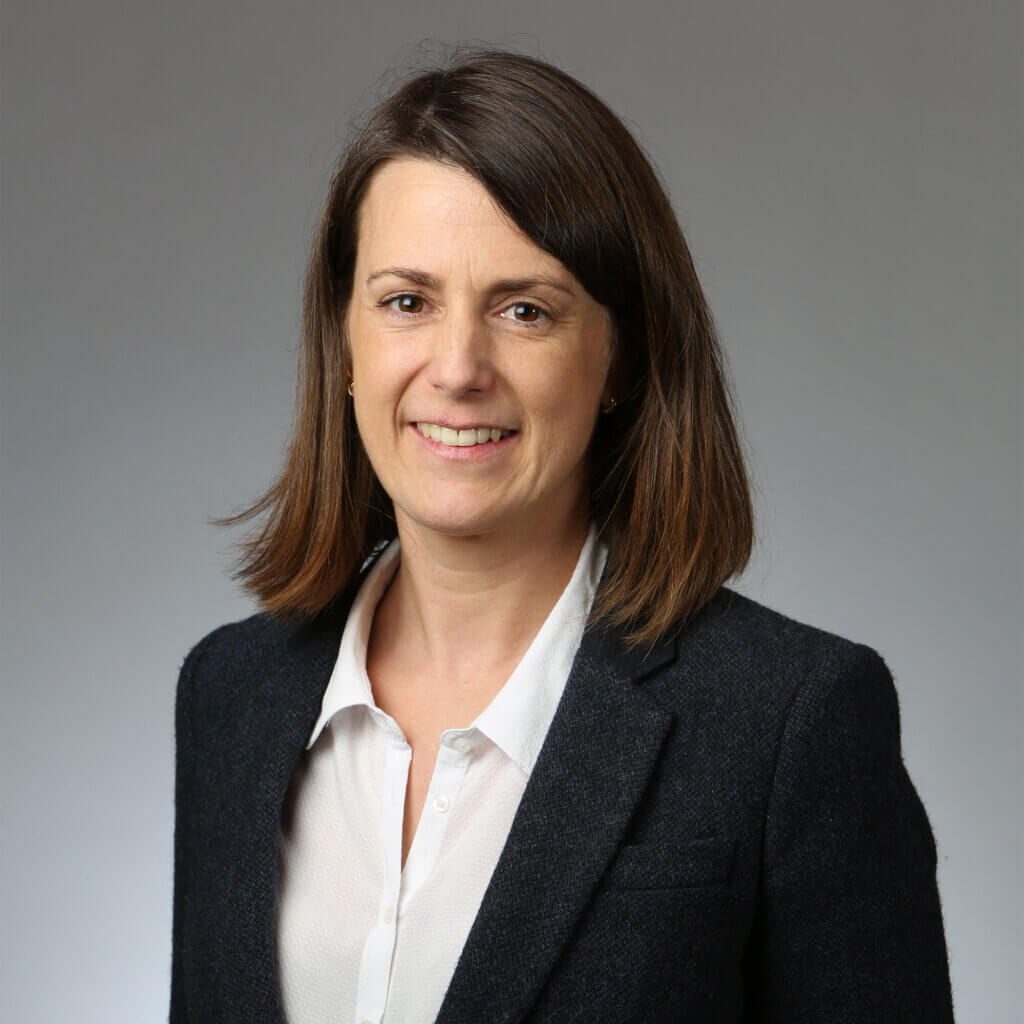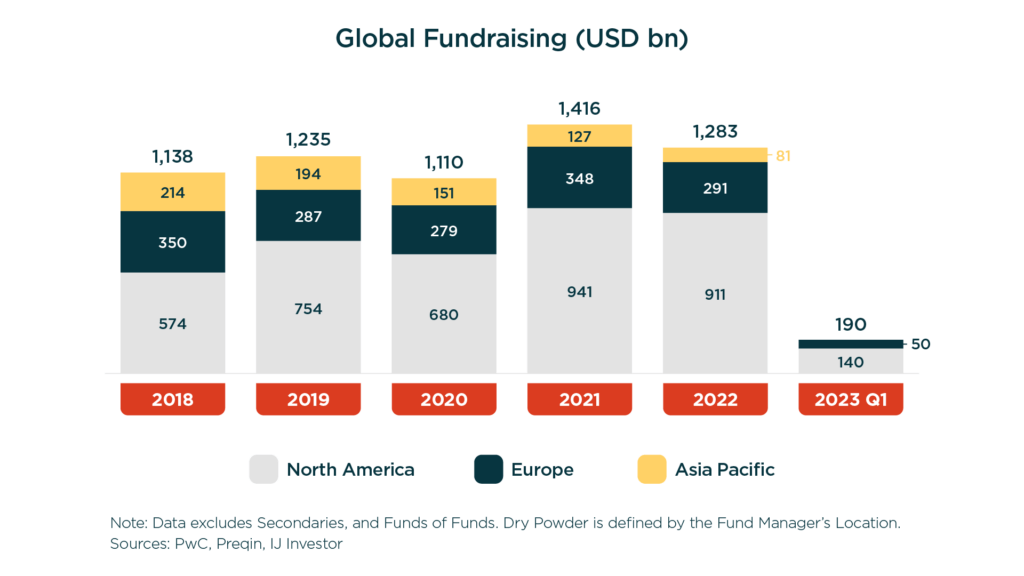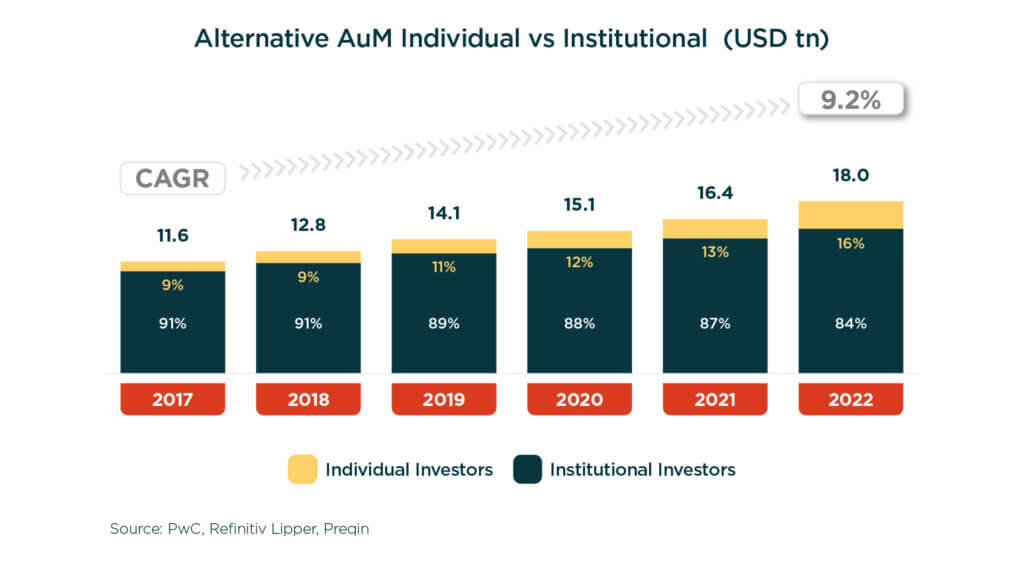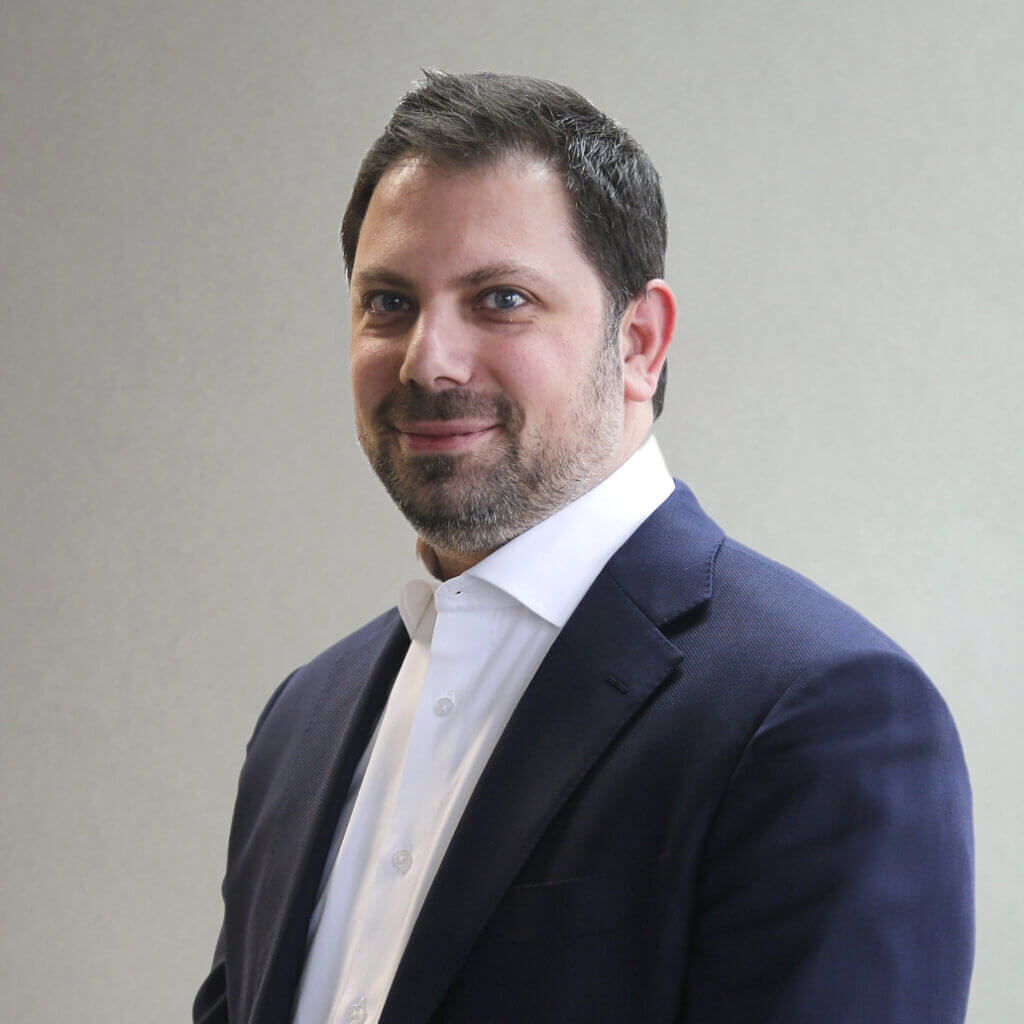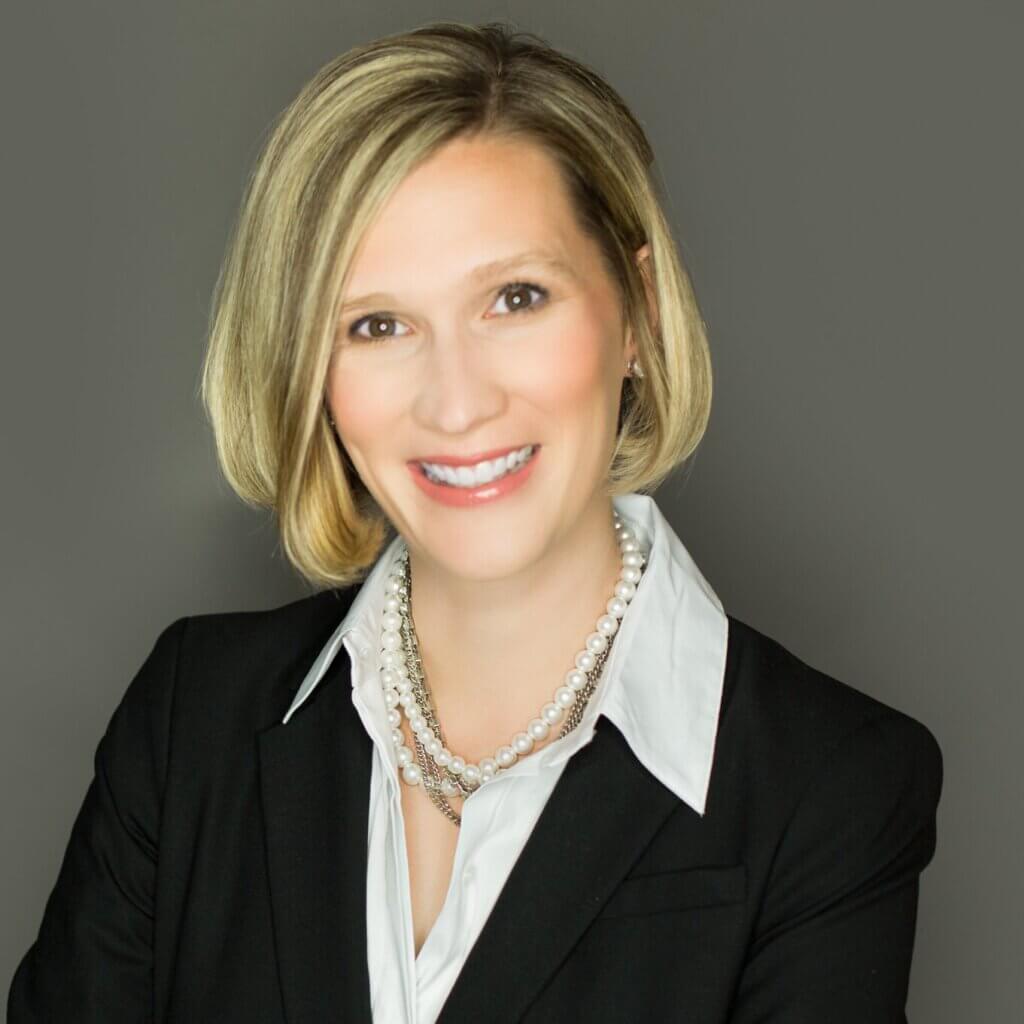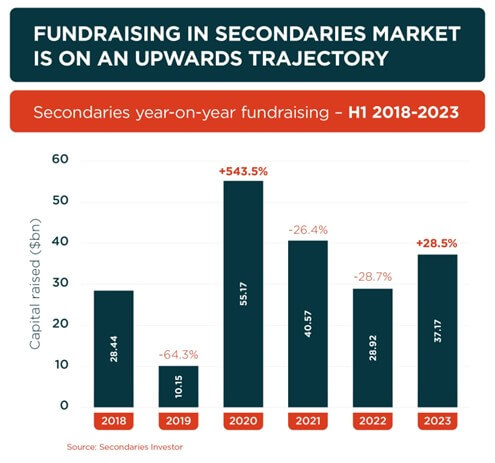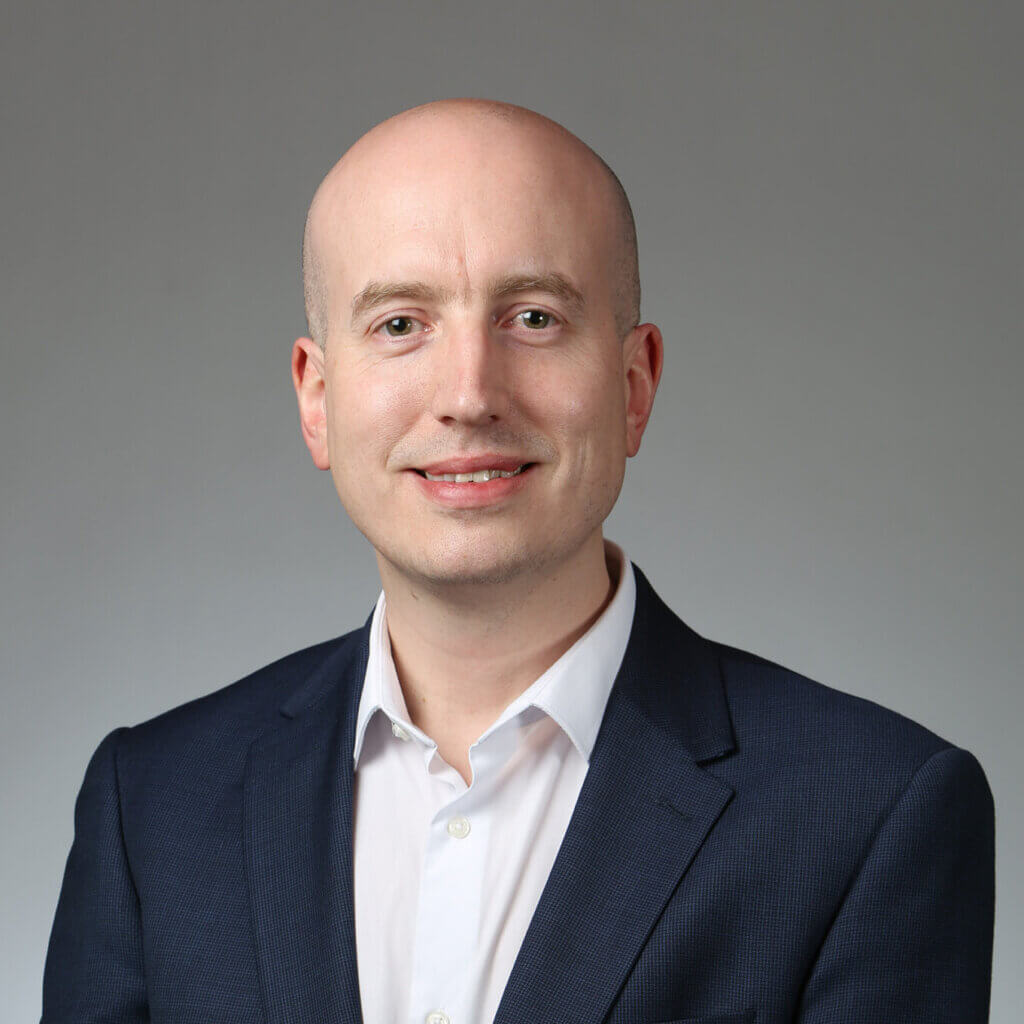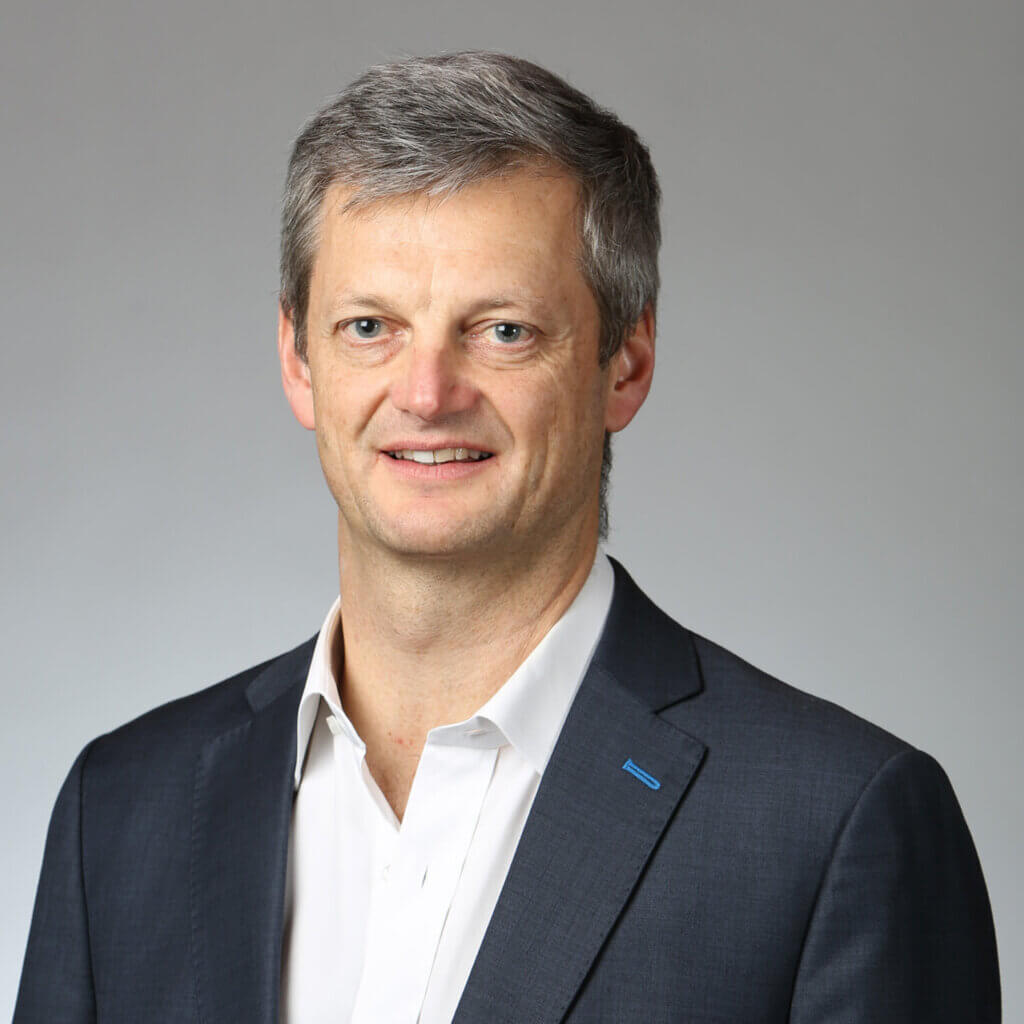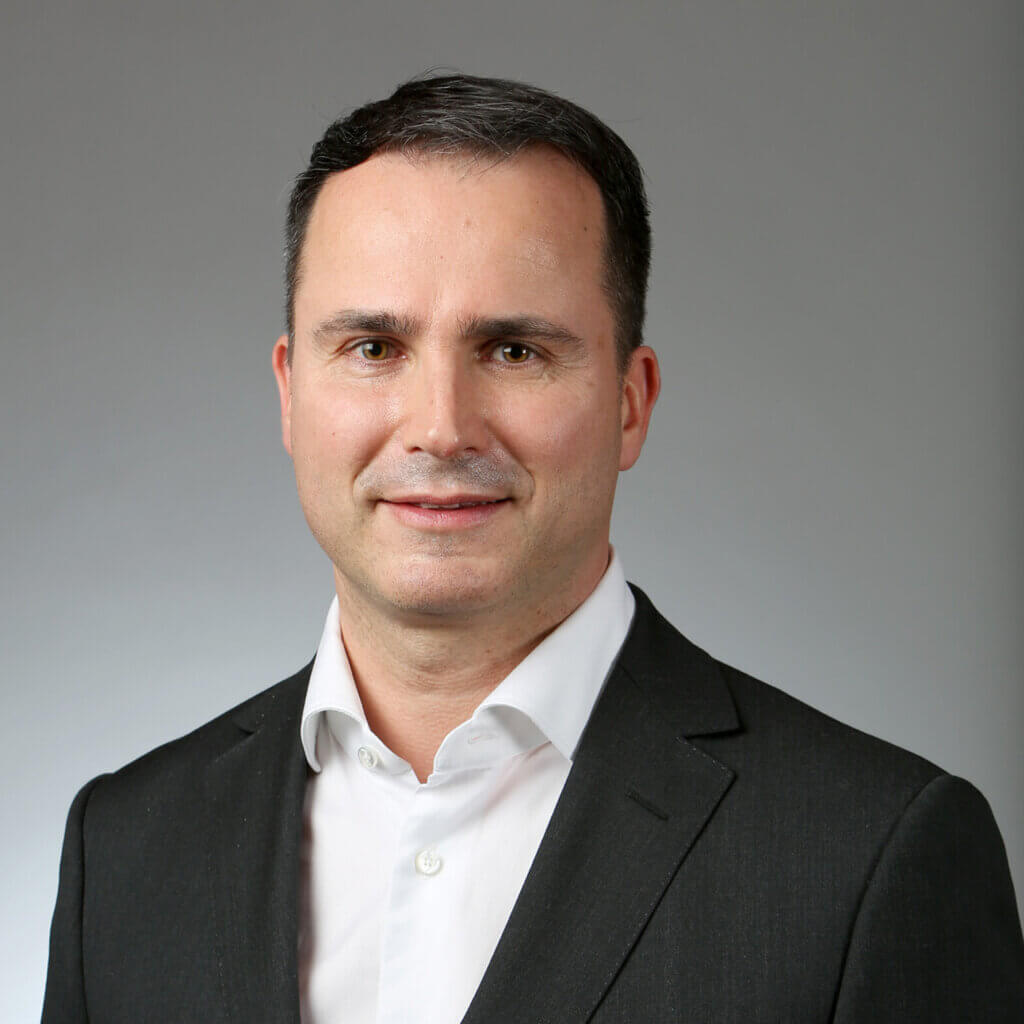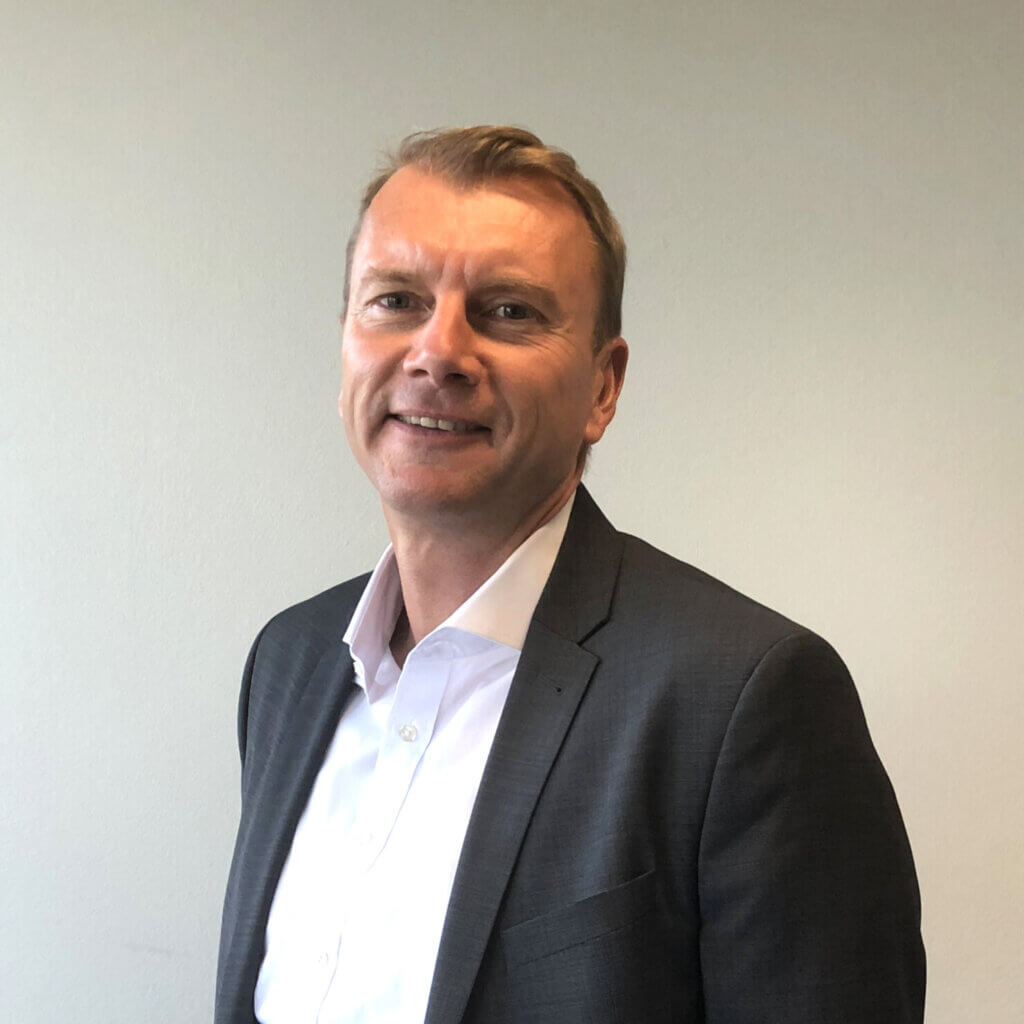
How do we define financial spreading?
Financial spreading is the process of taking bespoke financial statements and representing the data in a standard, structured format. The key thing to note is that since private market financial statements have variable reporting formats, financials must be standardized first before undergoing credit analysis. This requires an analyst to manually populate a structured template with the information from the tables within a financial statement which can take a huge amount of time to complete.
Can this manual work be outsourced?
Yes, private debt managers will often outsource this work to save on costs. However, we’ve spoken to many chief operating officers and chief risk officers in the last couple of years and the message we’ve heard is that turnaround times are not generally improved via outsourcing; they’ve also highlighted how credit analysts often need to manually review and correct errors in outsourced work to ensure that the spreading has been done correctly.
How is partnering with Alter Domus to perform data extraction different?
A good question. Alter Domus’ Digitize – Corporate Financials solution uses machine learning and automation to significantly reduce the time to digitize financial information and ensures high-quality, accurate data by leveraging in-house experts for quality checks.
It’s important to emphasize the human element here. Computers may be fast, but they need some human help to ensure that the spreading is performed correctly. At the end of the day, we’re generally dealing with unstructured original documents in non-universal formats, and that’s where our dedicated data science team steps in to work in tandem with our market leading tech.
It’s worth highlighting that unlike general machine learning models, Alter Domus’ machine learning capability is trained on millions of financial statements to identify tables, columns, and fields and extract data from tables.
The client’s raw data is extracted from PDF formats using advanced Deep Learning models. A manual raw data extraction quality check is put in place to verify the extracted results and provide a feedback loop back to the machine in a continuous, supervised learning process. If an Excel file is provided, then the data does not need to be processed by this initial step as the raw data is already digitized.
So, the data is ingested and digitized. What happens then?
After the extraction process, the data is normalized, aggregated, and checked through automated QA testing, after which it’s then validated by an in-house credit analyst. This as-reported output flows into two views. Firstly, a Management Account View and, secondly, a Universal View.
The Management Account View is the aggregated time series data for a single borrower based on the reported line items from the original raw PDF data. This view is different among borrowers. The Universal View is the aggregated time series data in the Alter Domus standardized template, which is the same across borrowers.
The conversion into the Universal View is done by applying Alter Domus’ rule set to automatically map reported line items into corresponding categories. If the client has their own custom template, Alter Domus will work with the client to define their own category definitions to create their own custom mapping rules. Once again, our data science team will always perform a last QA check before delivering the final output.
Ultimately, where other solutions simply provide clients with raw data output, our system and methodology provide users with tailored, customized data that can be seamlessly deployed to whatever downstream systems – from portfolio or asset monitoring platforms to risk modelling and reporting tools. The point is that data is now primed and ready for deeper analysis.
What does this mean for our clients?
Effectively, it means they can import the formatted financials to their downstream systems the day after the source documents have been uploaded instead of waiting up to 3 days for a standard outsourcer to do the same work. That’s a significant difference in time and allows our client and its teams to focus on higher-value tasks.
Digitize – Corporate Financials goes beyond simply providing a digital representation of the borrower financial information, which is where most outsource companies service finishes. To provide consistency for comparing data over time and across borrowers, all values are converted from reported units to actual units during the automated process. In addition, the service automatically processes the data restatement from pro forma reports when available and provides period over period change information to identify reporting outliers.
We think having humans and machines working in lockstep is essential for us to speedily provide our clients with accurate data that’s been honed and harmonized to meet the exacting needs of their specific organization.
Interested in finding out how we can help you achieve a new level of data sophistication? Get in touch today to speak with a member of our Sales Team.




